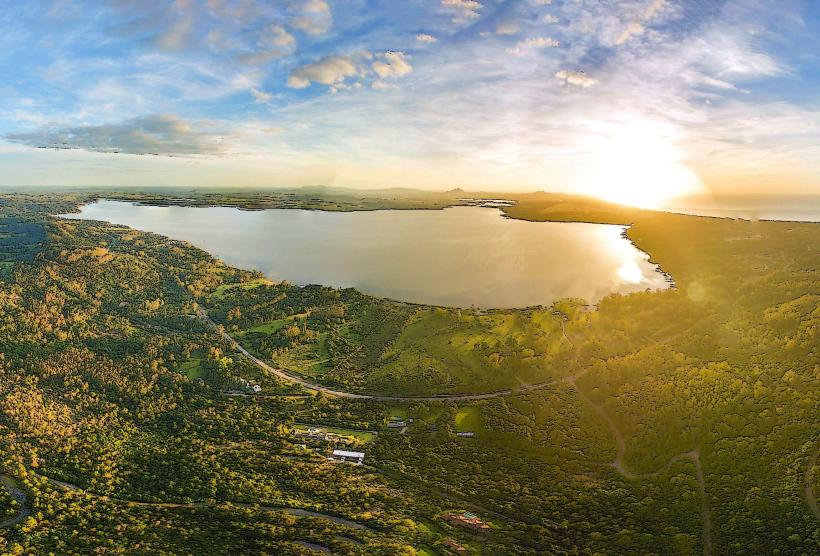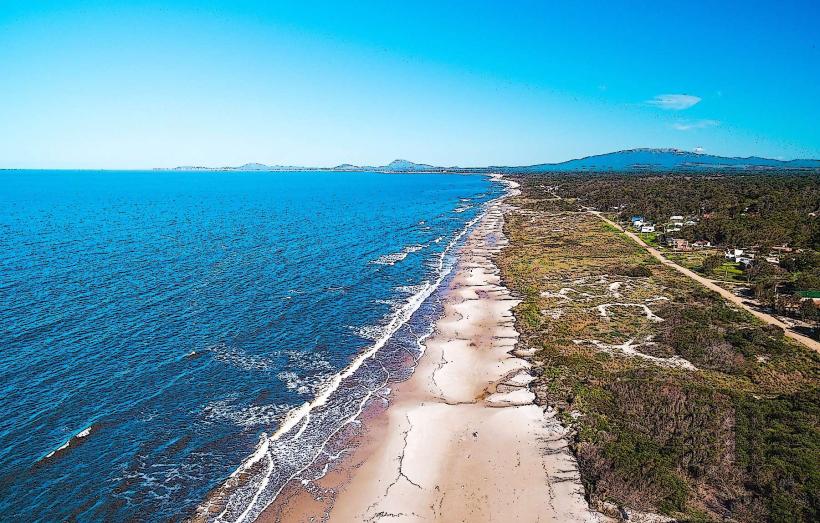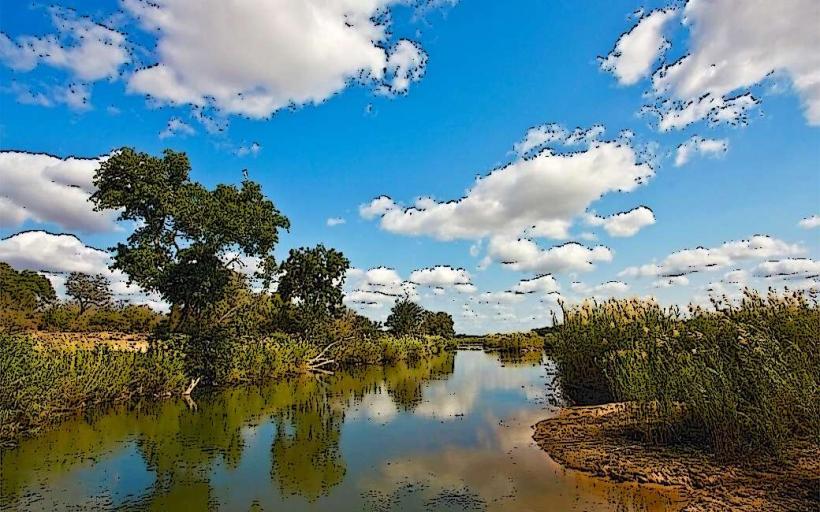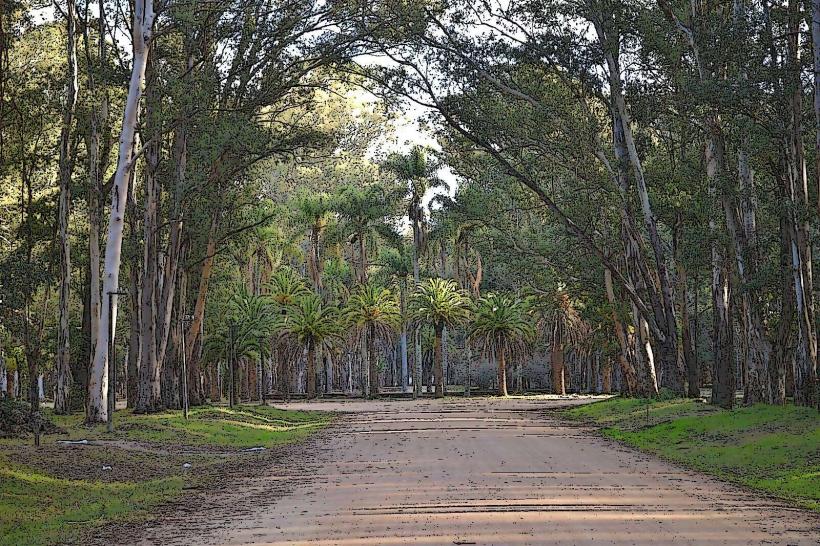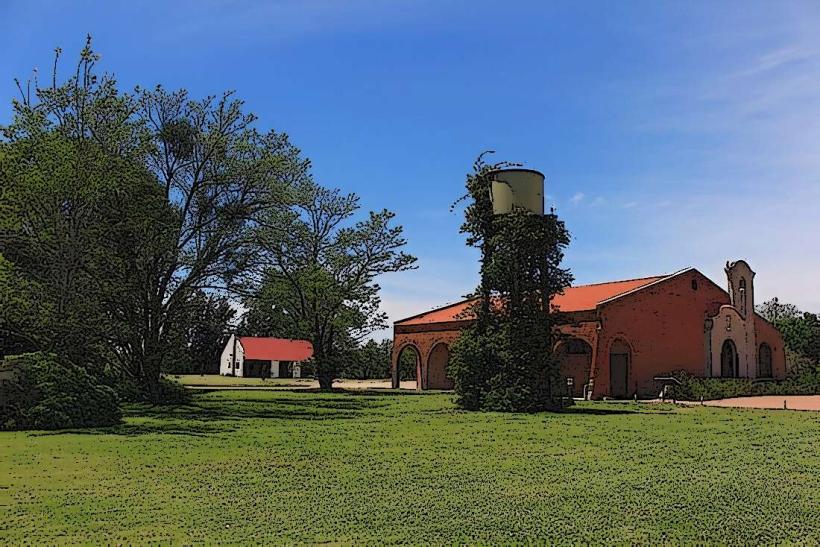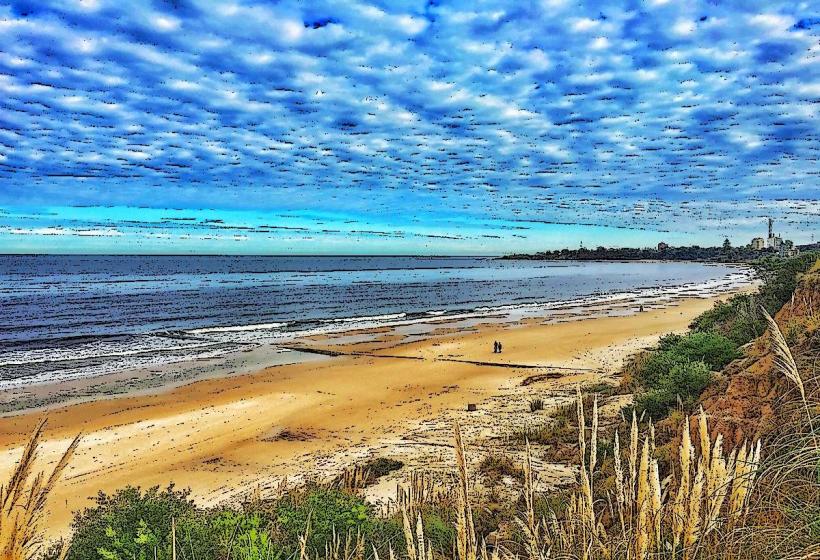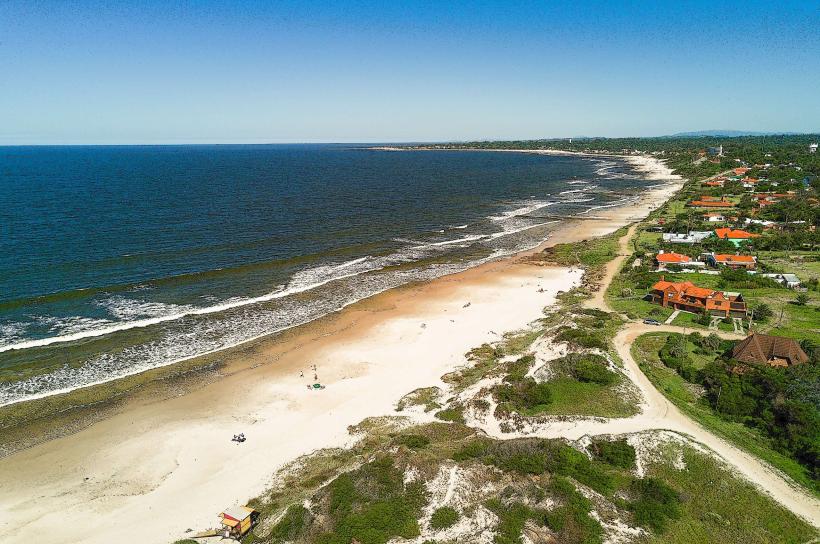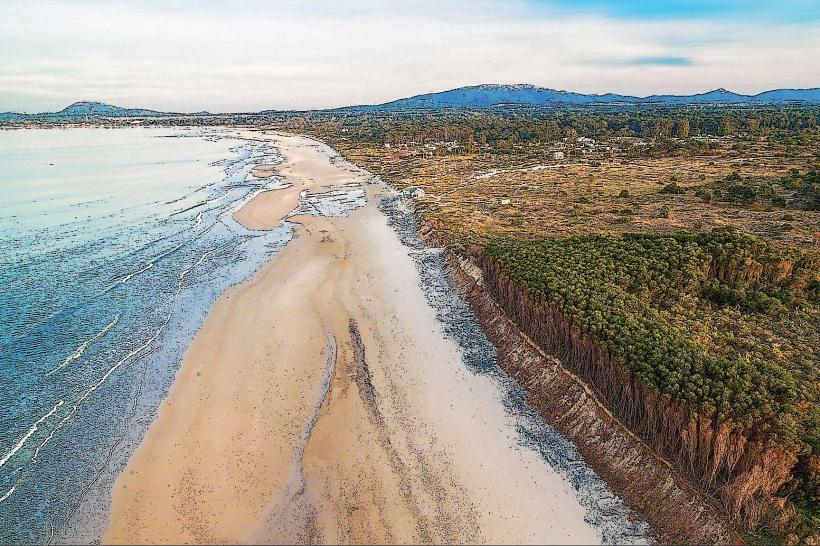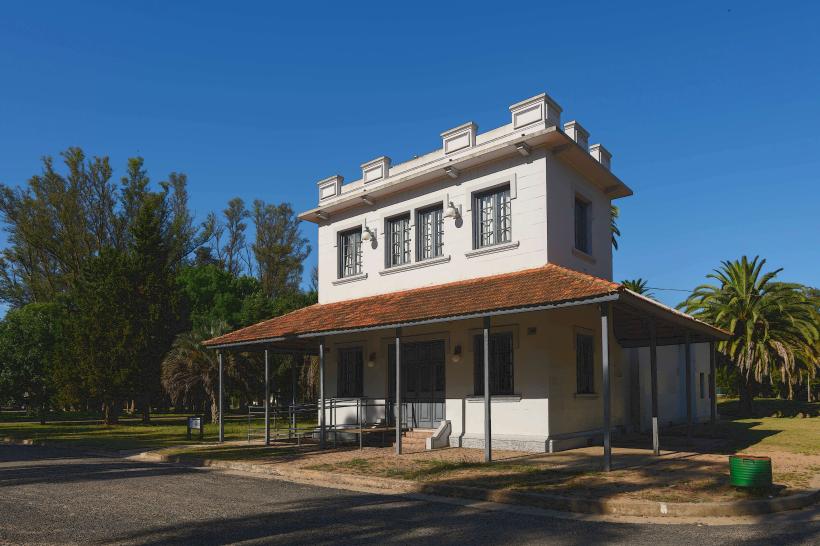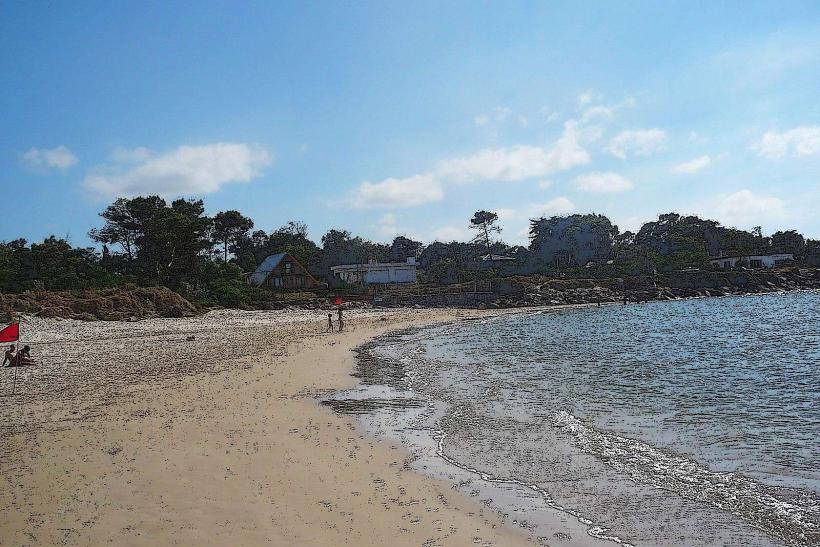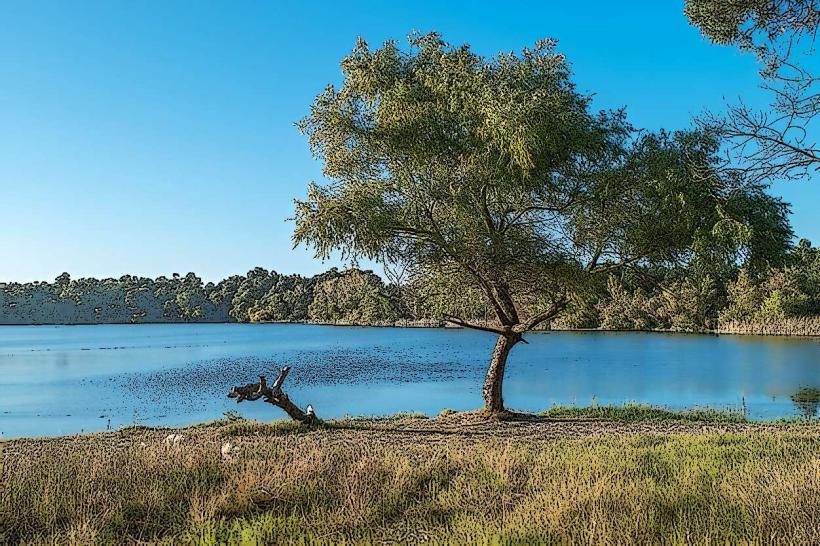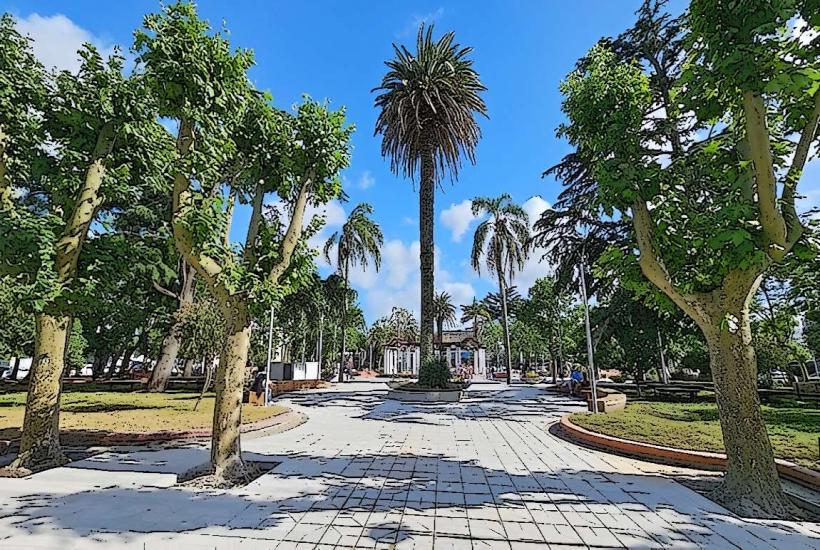Information
Landmark: Parque Nacional Santa TeresaCity: Canelones
Country: Uruguay
Continent: South America
Parque Nacional Santa Teresa, Canelones, Uruguay, South America
Parque Nacional Santa Teresa – A Natural Treasure in Uruguay
Parque Nacional Santa Teresa is a vast and scenic national park located in the Cerro Largo Department of eastern Uruguay, near the border with Brazil. This protected natural area offers visitors a unique combination of beaches, forests, wildlife, and historical landmarks, making it one of Uruguay's most popular national parks for outdoor enthusiasts.
What to Expect at Parque Nacional Santa Teresa
1. Natural Beauty and Diverse Ecosystems
- The park spans over 3,000 hectares and features a rich variety of landscapes, from dense forests to expansive beaches.
- The forests and woodlands are home to a diverse range of wildlife, including deer, capybaras, and an array of bird species.
- The park also encompasses wetlands and dunes, providing a unique ecosystem for plant and animal life.
2. Beautiful Beaches
- One of the park's main attractions is its stretch of coastline along the Atlantic Ocean.
- The beach area is perfect for swimming, sunbathing, and beach sports, with calmer waters on one side and more rugged waves on the other.
- Playa de Santa Teresa is a popular beach within the park, known for its soft sand, crystal-clear waters, and peaceful atmosphere.
3. Outdoor Activities and Recreation
- Hiking and Nature Trails: The park offers well-marked trails for walking, hiking, and cycling, allowing visitors to explore its diverse landscapes.
- Birdwatching: With a variety of bird species inhabiting the park, it is an ideal destination for birdwatching enthusiasts.
- Fishing and Water Sports: The beaches provide opportunities for surfing, windsurfing, and fishing.
- Camping: There are designated camping areas within the park, perfect for those who want to experience the natural beauty of the area up close.
- Guided Tours: Visitors can opt for guided nature tours to learn more about the park’s ecosystems, wildlife, and history.
4. Historic Sites
- Fortaleza de Santa Teresa: One of the park's key attractions is the Santa Teresa Fort, a historic 18th-century military fort built by the Portuguese. The fort was originally part of a defensive system against potential threats from the Spanish during the colonial period.
- Visitors can explore the fort's architecture, historical exhibits, and enjoy panoramic views of the park and coastline.
5. Flora and Fauna
- The park is home to a wide variety of flora, including native trees such as carob, palm trees, and eucalyptus.
- As for wildlife, visitors may spot red foxes, armadillos, and a variety of reptiles, along with vibrant bird species like parakeets, herons, and vultures.
Best Time to Visit
- Summer (December to March): This is the peak season for beach activities, camping, and outdoor adventures, making it the most popular time to visit. The weather is warm, and the beaches are ideal for swimming.
- Spring and Fall (September to November): These seasons offer milder temperatures and fewer tourists, making them great for hiking and wildlife observation.
- Winter (June to August): Although cooler, winter still offers a peaceful experience in the park, with fewer crowds and a chance to explore its trails and historical sites.
How to Get There
- By Car: Parque Nacional Santa Teresa is accessible by road from the city of Montevideo, taking around 6-7 hours. Alternatively, you can drive from Punta del Este, which is just an hour or so away.
- Public Transportation: While there is no direct public transportation to the park, you can reach nearby towns and use a taxi or shuttle service to get to the park entrance.
Conclusion
Parque Nacional Santa Teresa is a must-visit destination for nature lovers, history enthusiasts, and those seeking a peaceful getaway. Whether you’re interested in exploring historic forts, relaxing on pristine beaches, or experiencing the wildlife and ecosystems of Uruguay, this park offers a diverse range of activities and natural beauty. Its combination of outdoor adventures, cultural heritage, and scenic vistas makes it one of Uruguay’s premier national parks.

